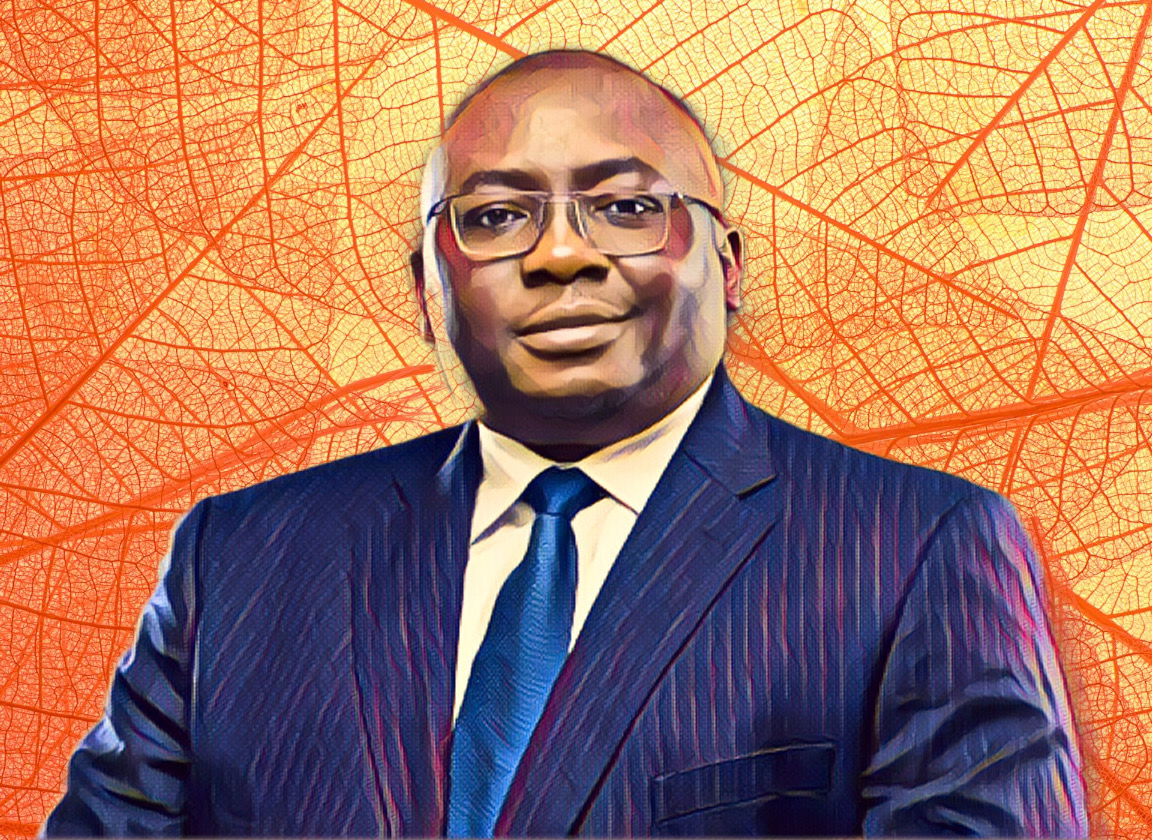KEY POINTS
- Siemens led project Presidential Power Initiative will add 150MW to National grid by year end, Nigeria.
- In Phase One, 14 substations will be rehabilitated and 23 new will be constructed.
- Germany is helping Nigeria expand renewable energy capacity through solar, wind and hydropower projects.
Chairman Nigeria Electricity Management Services Agency, NEMSA, and President, Society of Tourist Guides of Nigeria, STGN, Mr. Ibikunle Adelabu, on Friday disclosed that the country plans to add another 150mega watt (MW) capacity to the national power grid by the end of the year.
Nigeria’s Power Minister Adebayo Adelabu has said that 150 megawatts (MW) of electricity will be added to the nation’s grid by the end of 2024. The move is part of the Siemens-led Presidential Power Initiative (PPI), designed to transform Nigeria’s power grid and stabilize electricity supply.
The announcement was made by Adelabu to journalists at the Presidential Villa, Abuja, shortly after President Bola Tinubu and his German counterpart Frank Walter Steinmeier held a meeting. He updated on the PPI and how energy collaboration continues with Germany.
Progress of siemens project and upcoming milestones
Adelabu, however, hinted that 80 per cent of the Siemens led initiative, which imports, installs and commissions 10 power transformers and 10 mobile substations and are in pilot phase, is complete.
‘These efforts have already created 750 megawatts of capacity for our grid, and will result in an additional 150 megawatts by year end as we complete the pilot phase,’ Adelabu said.
The Siemens project for Nigeria’s power sector was important, he said, pointing out that the plan would help address the country’s aging and fragile power grid. The following phase of the project involves rehabilitating 14 existing and constructing 23 new substations.
He added, “We are basically transitioning to Phase One of the project with the first batch of this phase completed regarding commercial agreements.”
The approval by the Bureau of Public Procurement (BPP) has put it on the Federal Executive Council (FEC)’s final financing arrangement.
The Nigerian power grid will not stay the way it is when Nigeria completes its Power Phase One.” The minister said this project will redefine grid stability and efficiency across India.”
In renewable energy expansion and partnership with Germany
Nigeria has been tying efforts to diversify its energy mix, and Adelabu highlighted the commitment to the use of renewable energy sources. Solar, wind and hydropower generation potential is high in Nigeria and could substantially improve availability of energy, the minister noted.
“What Germany lacks is there and what we have here is lacking there… We have natural resources, we have the sun, over 30 states have over 10 hours of sunshine per day,” Adelabu said.
He also said that exploiting only 300 of Nigeria’s dams could increase hydropower production. The proposed Badagry Sokoto road are infrastructure developments that will support the hydropower capacity of the country.
Adelabu also talked about wind energy, saying northern desert areas and southern coastal areas are areas with the perfect conditions for wind power projects.
We focus on Off grid power and embedded generation
Adelabu also said plans were afoot to see to it that each of the 36 states and the Federal Capital Territory (FCT) have their own embedded generation plants to reduce Nigeria’s dependence on the national grid and supply electricity to underserved communities.
The approach creates a distributed power model to isolate states from national grid failures. The government is hoping that by prioritising off grid and embedded generations systems, it will improve energy access for rural areas and reduce
German Nigerian partnership on energy
Adelabu said there was a commitment to the expeditious implementation of the existing agreements while the two leaders did not sign any new energy agreements during their meeting.
What we have focused on is how to fast track the implementation of the agreements we have already signed so that Nigerians can have expanded access to energy and grid stability,” Adelabu said.
Impact of the power boost
The 150MW additional power from the Siemens led initiative will support the Federal Government’s overall vision of ensuring stable and uninterrupted power supply to Nigerians. Completion of the pilot phase and commencement of Phase One will allow for a more efficient delivery of power generation, transmission and distribution.


